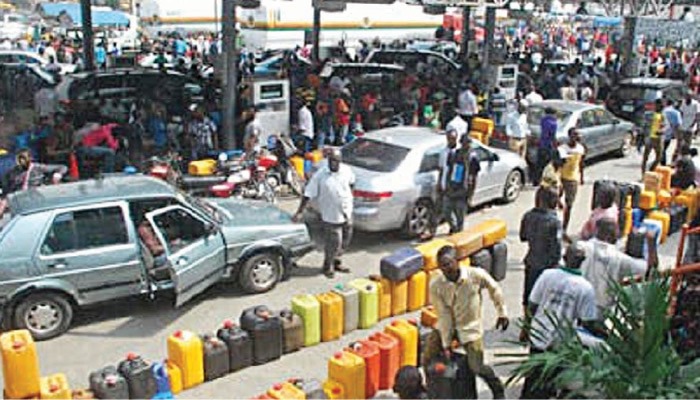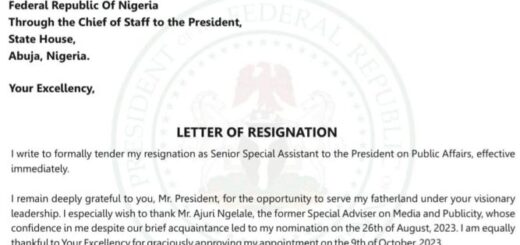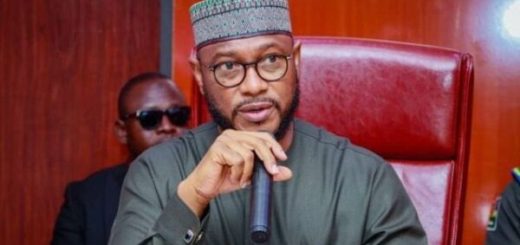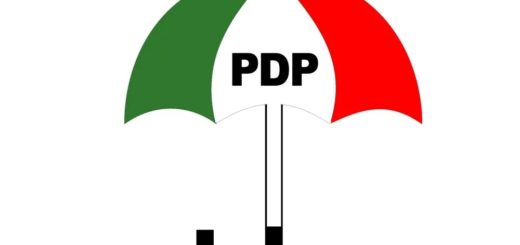No Respite For Nigerians As Petrol Scarcity Persists, Prices Soar Nationwide To N1,000/Liter At Private Stations
 The petrol scarcity crisis continues to grip the nation as investigations by Daily Trust reveal that many filling stations across the country are still not dispensing the product. Where fuel is available, prices have skyrocketed, with some independent marketers charging close to N1,000 per liter.
The petrol scarcity crisis continues to grip the nation as investigations by Daily Trust reveal that many filling stations across the country are still not dispensing the product. Where fuel is available, prices have skyrocketed, with some independent marketers charging close to N1,000 per liter.
In the Federal Capital Territory, motorists endure countless hours queuing at the few Nigerian National Petroleum Company Limited (NNPCL) stations and major marketers still selling fuel. At private stations in satellite towns, petrol is being sold for as high as N980 per liter. The situation is similar in Lagos, Kano, and Maiduguri, with prices ranging from N900 to N950 at independent marketers.
The Independent Petroleum Marketers’ Association of Nigeria (IPMAN) has attributed the lingering scarcity to a shortage of direct supply from the NNPCL. “Our members have no direct supply from NNPC. We buy from Third Party depots at high prices, which is why stations are selling at such high rates,” explained Akin Akinade, a former IPMAN Chairman in Lagos.
Commercial drivers and average motorists are bearing the brunt of the crisis. Many have parked their vehicles, unable to afford the exorbitant prices. Others spend hours in long queues at the few NNPCL stations still selling at the official price of around N617 per liter.
The NNPCL has remained silent on the issue despite promising to respond to inquiries. Over the past three months, the national oil company has provided various explanations for the scarcity, from logistics challenges to supply chain disruptions, but none have resolved the problem.
Civil society organizations are questioning the NNPCL’s role and motives. The Human Rights Writers Association of Nigeria (HURIWA) alleged that the NNPCL may be benefiting from the crisis and deliberately undermining efforts by private players like Dangote Refinery to break its monopoly on the industry.
As the scarcity persists with no end in sight, Nigerians continue to suffer the economic and social consequences of the fuel crisis. Many are calling on the government and NNPCL to take urgent action to restore normal supply and bring an end to the rampant exploitation by independent marketers taking advantage of the shortage.













